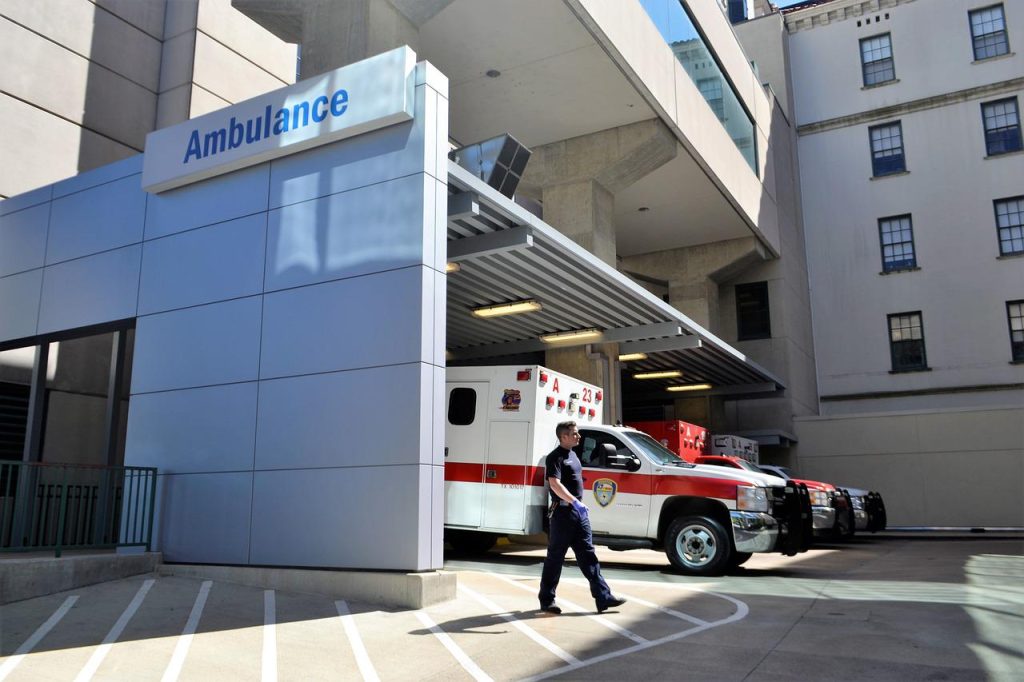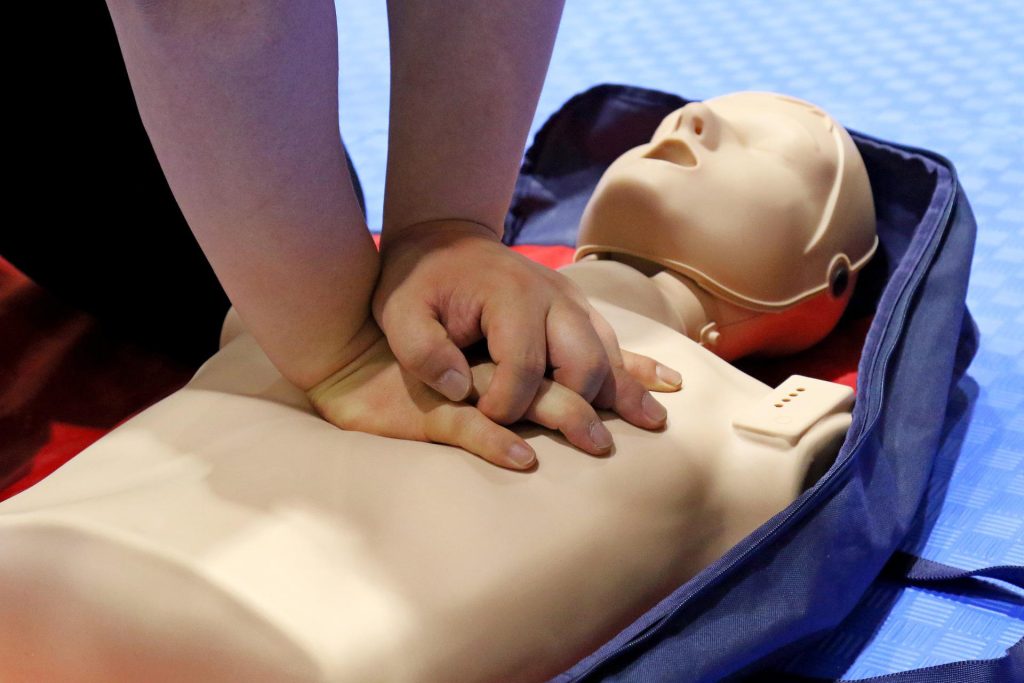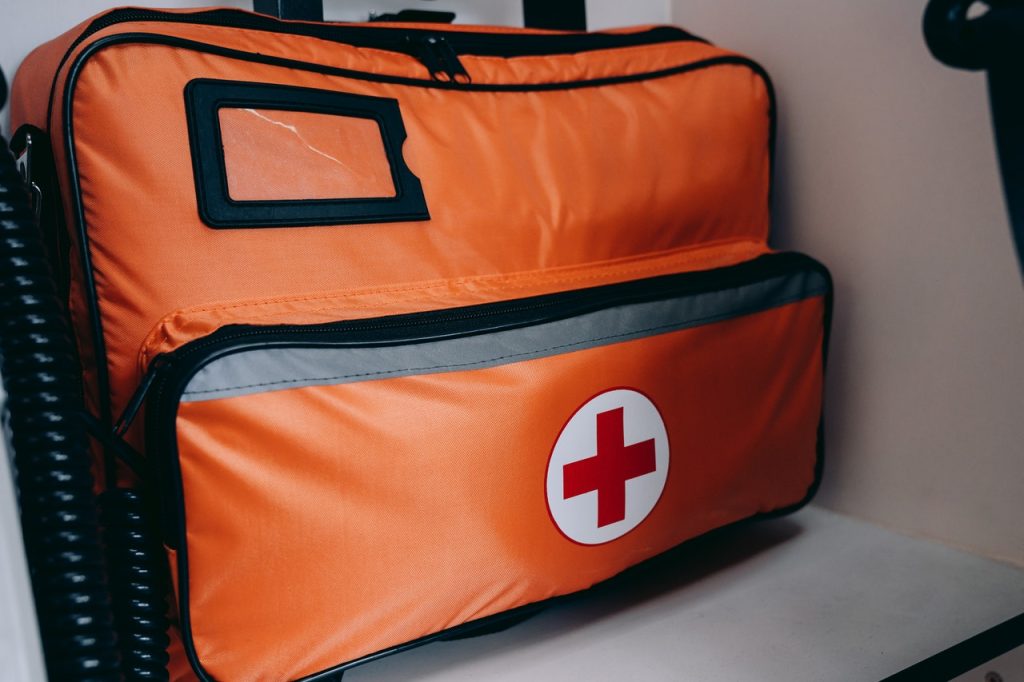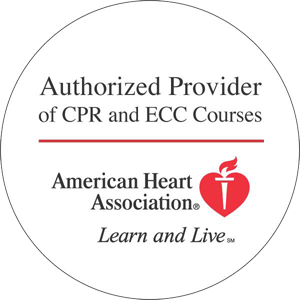How much do you know about CPR? Test your knowledge with a few basic CPR facts.
6 CPR Facts You Should Know
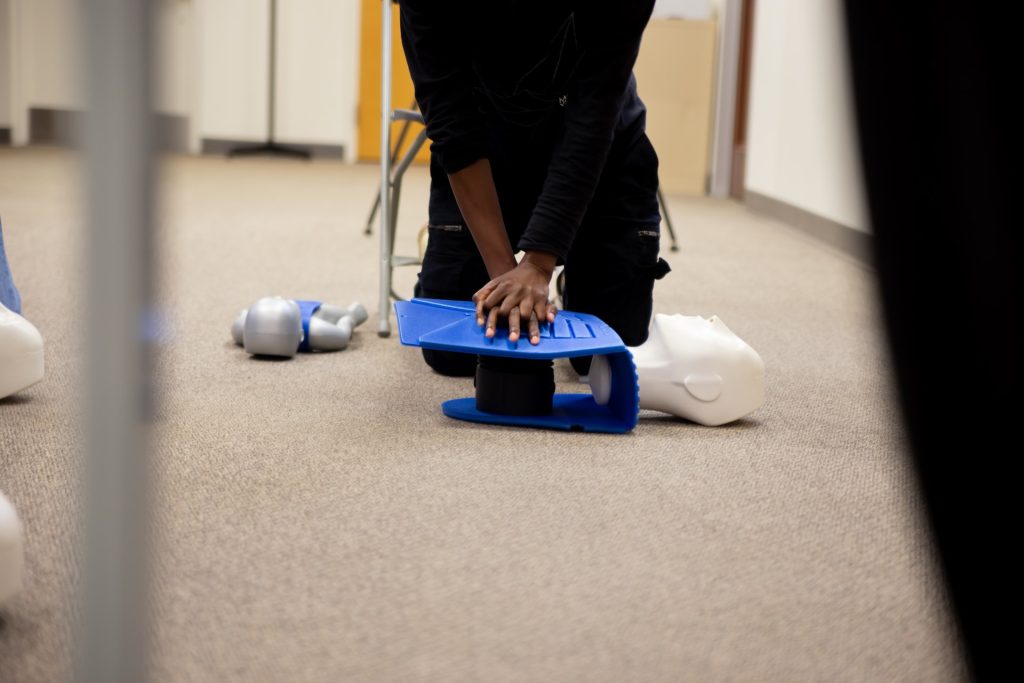
1. More than 350,000 cardiac arrests occur outside of a hospital setting in the U.S. every year.
This means that there are more than 350,000 people who need lifesaving CPR from a family member or bystander in order to survive.
2. Most cardiac arrests take place in the home.
Among cardiac arrests that occur outside of a hospital setting, the majority (70%) take place in a home or private residence. About 18% take place in a public setting, and 11% occur in nursing homes. The life you save could be your parent’s, spouse’s, or child’s.
Read: Actor Says CPR, AED Saved His Life
3. CPR saves lives and improves outcomes.
If it is performed immediately, CPR can double or triple a person’s chance of survival. In addition, it helps keep blood flowing to the brain and other organs, reducing the risk of permanent brain damage or other disability.
4. Bystander CPR is underused.
Less than half of people who experience sudden cardiac arrest receive help, in the form of CPR or AED use, before emergency professionals arrive.
Read: The Out-of-Hospital Chain of Survival
5. The out of hospital survival rate is low.
Ultimately, only about 10 percent of people who suffer from cardiac arrest outside of a hospital setting survive. As more people become trained in CPR and AED use, the survival rate will likely improve.
6. It’s easy to get CPR certified.
HeartCert offers hybrid and virtual CPR training courses that allow you to complete part or all of the coursework on your own schedule. Our CPR certification classes are AHA and American Red Cross certified, and combine CPR, AED and first aid into one convenient class.
You could save a life! Sign up for CPR training with HeartCert today.
HeartCert CPR is your trusted training partner for CPR, ACLS, PALS, EMR, First Aid, CNA, IV, EKG and more.
HeartCert CPR courses include CPR/AED/First Aid, Basic Life Support (BLS), Advanced Cardiac Life Support (ACLS), Pediatric Advanced Life Support (PALS), Certified Nursing Assistant training, IV training, EKG training, babysitter basics and more. Courses and certifications from both the American Heart Association and American Red Cross are available.
We are now offering virtual CPR courses and certifications. We offer safe in-person courses at all HeartCert locations throughout the United States, including our headquarters, HeartCert CPR Eagan.
Source: American Heart Association, “CPR Facts & Stats”


